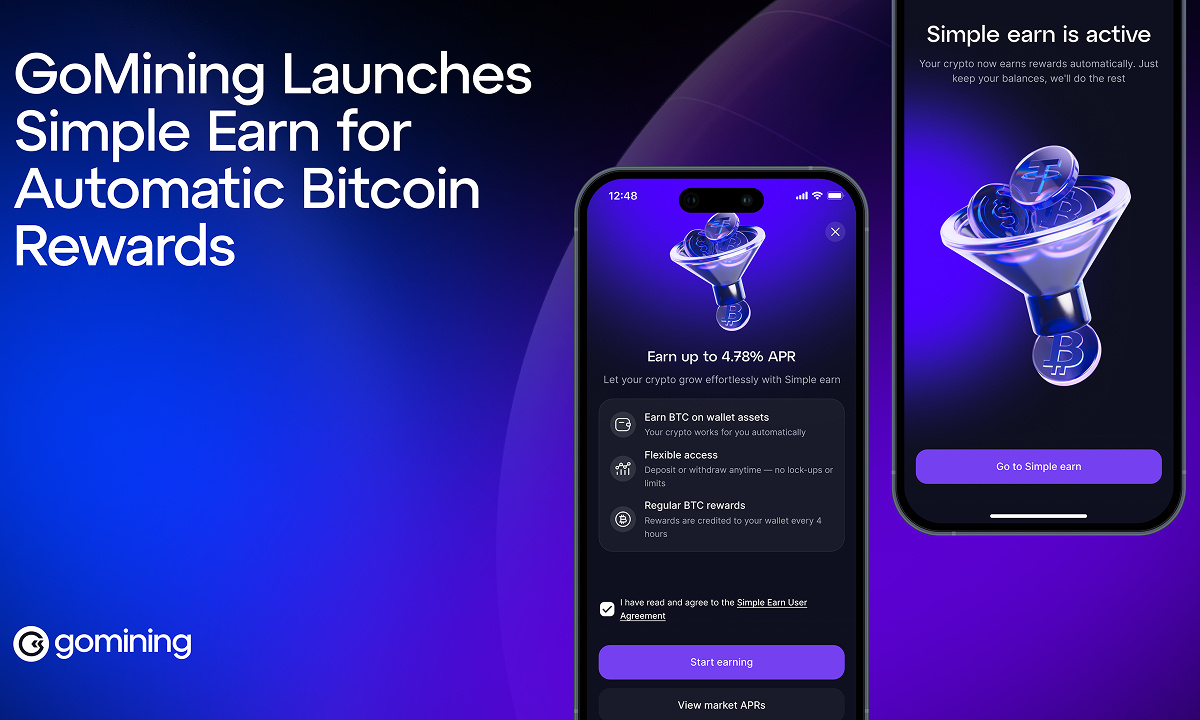Crypto Derivatives are one of the most important concepts to understand as a seasoned cryptocurrency trader. Asides from knowing How To buy and sell, understanding crypto futures, options, and perpetual contracts might be helpful if you intend to improve your trading skills and, therefore, your profits.
What Are Crypto Derivatives Anyway?
Crypto derivatives are one of the aspects of the cryptocurrency market that have gained popularity over time.Â
In simple terms, derivatives are secondary contracts with values attached to an underlying asset. In essence, a derivative allows a buyer and seller to transact as they usually would with regular cryptos. Only there are a few differences between trading derivatives and trading regular crypto.
Below are three of them:
- Derivatives are bought or sold at a predetermined time and price.
- The assets being sold or bought have no inherent value. In other words, they rely on an underlying asset for their value. This means that a bitcoin derivative, for example, would depend on the price of bitcoin itself.
- Derivative traders neither hold nor own any real assets. They instead have representations of said asset.
The Cryptocurrency market is no different from the stock or the foreign exchange market. By extension, there are three classes of derivatives in the cryptocurrency market. They include:
- Crypto Futures
- Crypto Options
- Crypto Perpetual Contracts
Crypto Futures
Crypto futures are contracts between an investor and an exchange about the price of a coin in the future.
Crypto futures are based on speculation. In a futures trade, the amount of derivatives you can trade is determined by the amount of margin (or collateral) you owned before opening the trade.
Some crypto exchanges offer leverage for futures trades. It might be easier to think of leverage as a loan from an exchange to a trader.
This loan enables the trader to purchase a greater amount of assets than they usually could have with their current margin. It is also important to note that while leverage can increase your earning power, it can significantly multiply losses.Â
Again as a sidenote, investors in a futures trade do not own or hold the coins they trade in.Â
Crypto Options
Crypto Options are similar to futures in almost every way. Options allow traders to buy or sell assets at a set date or price in the future. The only difference is that you can choose whether or not to buy the asset at the agreed-upon time.Â
Futures trading, on the other hand, does not grant such freedom.
Here are a few terms to understand when it comes to crypto options:
- Call Options: A call option can be considered a buy order. They allow traders to execute a buy order on the underlying asset at a given time in the future.
- Put Options: Put options are the opposites of call options. They allow traders to execute sell orders on an underlying asset in the future.
- Strike Price: The strike price refers to the price at which the contract holder Is allowed to buy or sell the underlying asset upon the expiry of the options contract.
Premium: The premium refers simply to the ‘cost’ of an options trade.
Perpetual Contracts
Perpetual crypto contracts are similar to futures contracts as well. The only difference is that ‘perpetual’ contracts, as their name implies, have no expiration date. A perpetual trade will continue if the trader keeps it open or runs out of margin.
Perpetual contracts make it easy for traders to hold leveraged positions for extended periods.Â
There are a few terms to be familiar with when it comes to perpetual contracts.
Mark Price: The mark price is the price at which a trader intends to take profits.
Interest Rate: This is the amount the trader pays to keep a position open. This price is independent of whatever happens in the market.









